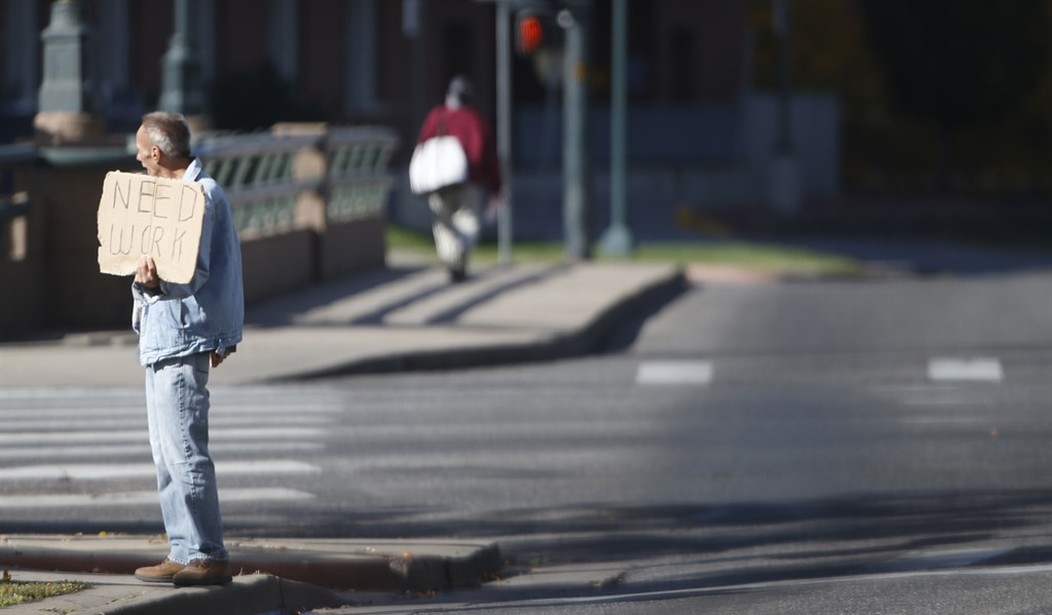Wednesday the Los Angeles Times published an op-ed titled, “The case for restricting hate speech.” It’s an interesting piece which seems to connect to many of the debates currently taking place over free speech on campuses around the country. The author’s basic claim is that “hate speech” can do actual harm and therefore ought to be regulated:
If judges are asked to compare the harm of restricting speech – a cherished core constitutional value – to the harm of hurt feelings, judges will rightly choose to protect free expression. But perhaps it’s nonsense to characterize the nature of the harm as nothing more than an emotional scratch; that’s a reflection of the deep inequalities in our society, and one that demonstrates a profound misunderstanding of how hate speech affects its targets…
Empirical data suggest that frequent verbal harassment can lead to various negative consequences. Racist hate speech has been linked to cigarette smoking, high blood pressure, anxiety, depression and post-traumatic stress disorder, and requires complex coping strategies. Exposure to racial slurs also diminishes academic performance. Women subjected to sexualized speech may develop a phenomenon of “self-objectification,” which is associated with eating disorders.
These negative physical and mental health outcomes — which embody the historical roots of race and gender oppression — mean that hate speech is not “just speech.” Hate speech is doing something. It results in tangible harms that are serious in and of themselves and that collectively amount to the harm of subordination. The harm of perpetuating discrimination. The harm of creating inequality.
We’re not really given much detail to back up these claims, but the author has written a book on the topic so, presumably, some evidence exists. However, even if you concede the point, once you criminalize “hate speech,” you’re wandering down a wide avenue toward a vaguely dystopian future. It turns out to be very difficult to define “hate speech” as Zachary Greenberg of the Foundation for Individual Rights in Education (FIRE) poins out. From Campus Reform:
“You can ask a hundred people what hate speech is and you get a thousand different answers,” Greenberg told Campus Reform, later adding that “there is really no ending point” once you start punishing offensive expression.
“When you have these very vague, ambiguous terms for punishing speech, you end up suppressing and punishing a wide variety of speech, much more speech than what is intended to be punished to begin with,” he pointed out.
Should the police arrest someone for using the racist or sexist language on the grounds that they are creating stress in the targets of such speech? Would this only apply to features (like race) which are immutable or could the same law be used against atheists who criticized Christians? Or those who criticize Muslims? Once you open the door to criminalizing speech which causes someone distress, you have created a path to shut down almost any speech.
And that’s already the path we seem to be on. No student protester ever claims they are shutting down speech because they are illiberal thugs who want to silence others. They always claim they are doing so because the speech in question represents a grave threat to themselves or to other vulnerable members of the community.
Where the author of the LA Times op-ed does seem to have a point is when she argues that some speech is already criminalized, i.e. laws against panhandling or buffer zones. I think she’s right that if we’re going to be free speech absolutists, we can’t then say that begging, which is also a form of speech, can result in fines and even jail time. It’s a decent argument for removing such laws, not for expanding them to other types of speech.








Join the conversation as a VIP Member